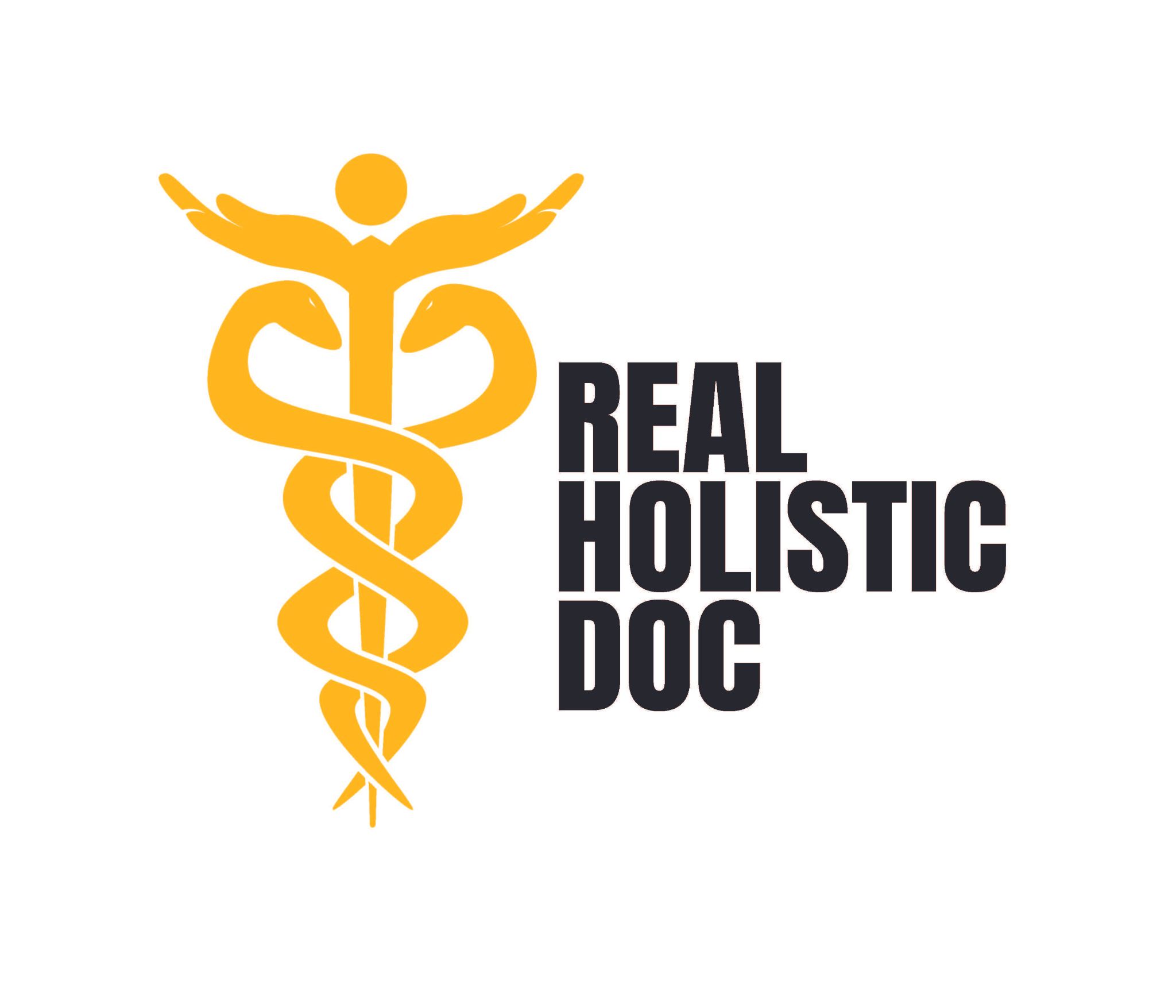Glycyrrhiza glabra (licorice) has been used for thousands of years as an expectorant, anti-ulcer, antimicrobial, anti-anxiety, anti-inflammatory herb. It is also one of the most potent phytoestrogens. And, it has significant anti-clotting effects.
One of the most interesting studies of licorice was its effects on memory. In a study conducted in mice, 150 mg/Kg of an aqueous extract of licorice significantly enhanced memory and learning. Even more strikingly, this dose reversed the amnesia induced by huge doses of diazepam (equivalent to 70 mg. for a 70 Kg person); scopolamine, and even ethanol (equivalent to 2+ oz. in a human). The equivalent dose of glycerin in a human would be 10.5 grams. This effect has not been tested in humans.
The possible beneficial effects in glycerin in healthy 22-26 year old women has been tested. A daily dose of only 3.5 grams of a licorice preparation reduced serum testosterone by over 60%. It also reduced plasma renin and aldosterone but not blood pressure or cortisol. While this therapy might be of value in hirsutism and polycystic ovary syndromes, read on.
Two extracts from licorice root, glabridin and glabrene have effects similar to estradiol. There have not, of course, been long-term studies to determine clinical potential for prevention of cardiovascular disease post-menopause. And, the possible acceleration of estrogen-enhanced cancer is not to be ignored.
In rats, licorice at doses above 90 mg/Kg (only 3.6 grams per 70 Kg person) led to significant hemorrhage, so that its anti-clotting mechanism may not be that clinically advisable!
Finally, licorice has some interactions with antihypertension drugs leading to hypokalemia (perhaps its effect on aldosterone). And one case of pseudoaldosterone has been reported in a 71-year-old man taking a commercial licorice extract. He had hypertension and leg edema as well as low serum potassium, all of which cleared after he ceased the licorice preparation. Interestingly, the possible estrogenic effect did not prevent his significant BPH, which required surgery.
And while licorice has significant antioxidant effects, the combination of estrogenic, anti-clotting, aldosterone, anti-testosterone effects do not bode well for its use clinically. It appears that regular high intake of licorice might have as many complications as the average pharmaceutical! But for most people, an occasional treat seems safe.
C. Norman Shealy, M.D., Ph.D. is the father of holistic medicine. He recommends autogenic focus (the basis of the Biogenics System) as part of your commitment to self-health and optimal longevity. Register to download your FREE autogenic focus MP3 now.
